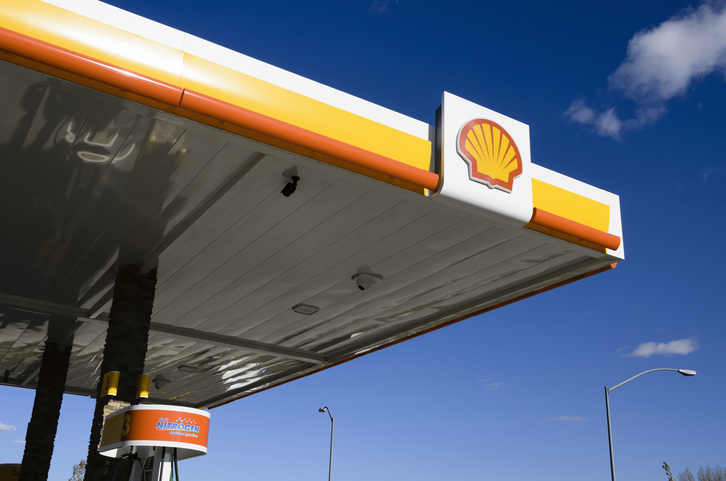Cash rich Shell's results tick all the boxes
3rd February 2022 08:12
by Richard Hunter from interactive investor
It's been a pivotal year for Shell following its combination of share listings and the effective move back to the UK. These results prove why it remains a hugely popular investment.

Following the pandemic squalls which decimated the oil price and indeed profits, Shell (LSE:SHEL) has returned to form as it finds itself awash with cash.
The fourth quarter performance made a notable contribution to what has turned out to be a bumper year as a whole. Revenues, cash flow and adjusted earnings were all comfortably ahead of expectations, and for the full year the previous loss attributable to shareholders of $21.7 billion swung to a profit of $20.1 billion.
Indeed, adjusted earnings were above pre-pandemic levels, as the 2021 figure of $19.3 billion compare with $4.9 billion in 2020 and $16.5 billion in 2019. For the quarter alone, the figure of $6.4 billion strode past expectations of $5.2 billion. Meanwhile, full-year revenue jumped to $273 billion from a previous figure of $183 billion.
These elevated levels of cash generation, in part helped by disciplined capital expenditure but mainly made possible by Shell’s ability to capitalise on higher energy prices, have enabled several financial boxes to be ticked.
- Platinum Jubilee: what are the 25 most widely held stocks on the ii platform?
- Top picks for 2022: find out who joins BT, Shell, Tesco and ITM Power
- The First & Last share I bought: Mark Slater
- 10 shares to give you a £10,000 annual income in 2022
- Friends & Family: ii customers can give up to 5 people a free subscription to ii, for just £5 a month extra. Learn more
Having previously been unable to make a meaningful dent in net debt, the company has now reduced the figure by $23 billion to stand at $53 billion at the end of the period. At the same time, an increase to the dividend provides a projected yield of around 3.7% which, although shy of historical levels by Shell’s standards, is nonetheless a punchy return given the current interest rate backdrop.
The company also announced a share buyback programme of $8.5 billion to be undertaken in the first half of the year, itself above the level which the market had been expecting.
The combination of share listings and the effective move back to the UK have been part of a pivotal year for Shell. The company believes that the new structure will both simplify operations as well as enabling a more nimble approach to the years ahead. This comes at a time when the eyes of the world are on the oil majors, with ever-mounting pressure to accelerate the move to renewable energies.
Indeed, there have already been calls by some activist investors for Shell to split itself in two, with the traditional “brown” oil and gas operations separated from a new “green” business. The company has rejected such calls, pointing out that the green business would not be financially sustainable as a sole entity and that the income from the brown business was still required for the significant investment to come.
- Will investors have a fab February after January blues?
- Most-bought investments: January 2022
- Subscribe for free to the ii YouTube channel for our latest share tips and fund manager interviews
- Take control of your retirement planning with our award-winning, low-cost Self-Invested Personal Pension (SIPP)
In the meantime, the company is capitalising on a vastly improved environment, with the oil price already ahead by 15% this year in light of demand concerns and emerging geopolitical tensions. The share price has risen by 47% over the last year, as compared to a gain of 17% for the wider FTSE100, and Shell remains the preferred oil major play, with the market consensus coming in at a "strong buy".
These articles are provided for information purposes only. Occasionally, an opinion about whether to buy or sell a specific investment may be provided by third parties. The content is not intended to be a personal recommendation to buy or sell any financial instrument or product, or to adopt any investment strategy as it is not provided based on an assessment of your investing knowledge and experience, your financial situation or your investment objectives. The value of your investments, and the income derived from them, may go down as well as up. You may not get back all the money that you invest. The investments referred to in this article may not be suitable for all investors, and if in doubt, an investor should seek advice from a qualified investment adviser.
Full performance can be found on the company or index summary page on the interactive investor website. Simply click on the company's or index name highlighted in the article.